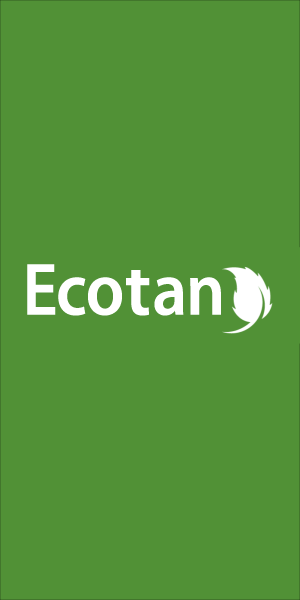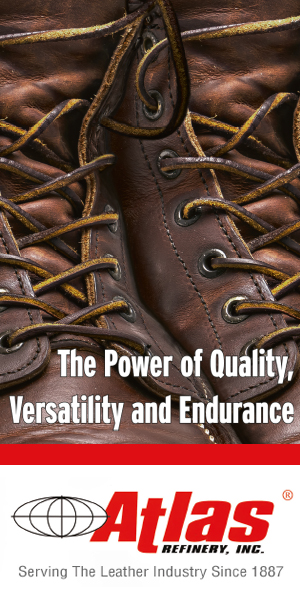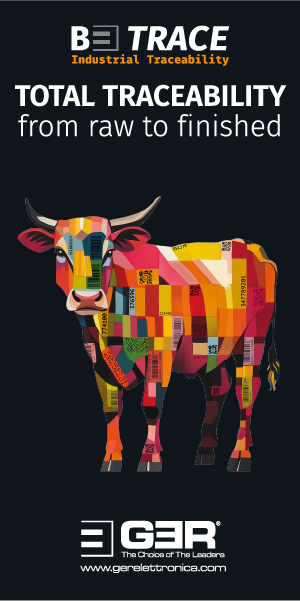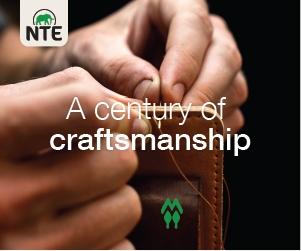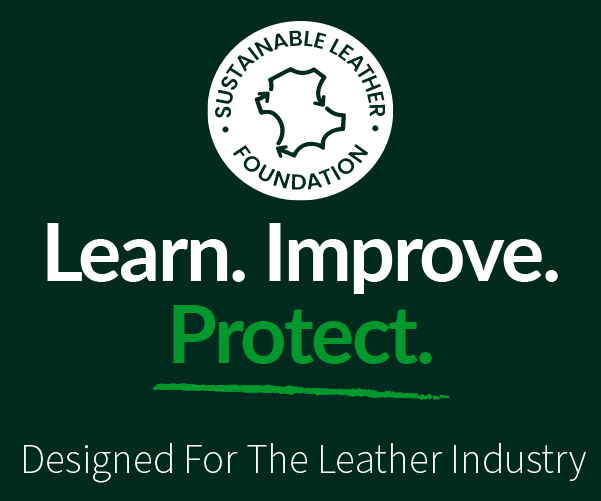Angry reaction from Kering to greenwashing claim

A question about animal welfare in the Kering supply chain prompted a sharp response from the group at its annual general meeting this spring.
Luxury group Kering says it has no intention of ending its use of exotic leather and has insisted that the practice is in keeping with its wide-ranging sustainability commitments.
At its annual general meeting in Paris in April, a representative of a prominent animal rights organisation took the microphone and accused the group of hypocrisy owing to alleged poor practice at a supplier of exotic skins in Thailand. He claimed that in spite of previous “grand declarations” Kering has made with regard to animal wellbeing, nothing had changed.
In an animated and forthright response, chief executive, François-Henri Pinault, said he was not prepared to listen to any accusation of greenwashing. Mr Pinault insisted that, in terms of sustainable development, Kering has high standards and is determined to keep making progress in all areas, including in animal welfare.
He said the group would investigate the particular claims around the supplier in Thailand and that, if they were true, it would take action. He added that the group was willing to carry on its dialogue with campaign groups, but he made it clear that this changed nothing about Kering’s determination to continue to use responsibly sourced exotic leather.
Turbulent times
Mr Pinault’s extolling of exotics comes at a turbulent time for the group. He describes 2023 as having been “a particularly difficult year”. Kering’s 2023 revenues fell by 4% year on year to reach €19.6 billion. “From the middle of the year onwards,” the chief executive says, “we began to encounter a deterioration in the macro-economic situation in our main markets, particularly in China and the US. This happened at the same time as a number of our brands, especially Gucci, are in a process of significant evolution of their operating models. This combination of factors led to a disappointing performance last year.”
With the most recent official figures showing a decline of 11% in the group’s sales revenues for the first quarter of 2024, which fell to €4.5 billion, Mr Pinault says he knows shareholders have felt “disappointed and frustrated”. He adds that the group’s leadership team feels equally disappointed and frustrated, and no one more than he is himself. He insists that the group has plans in place to bring about improvement and that sustainable sourcing and responsible production are integral to that.
Sustainability at the heart
The group’s chief sustainability officer, Marie-Claire Daveu, says she can point to a large number of projects that the group is engaged in that prove its commitment to sustainability is central to its strategy. In spite of wars and economic uncertainties, she says the group is determined to stay on track to bring about a transformation that began in 2005, inspired by the vision of François-Henri Pinault. “He put sustainable development at the heart of what we do,” she says, “in response to the expectations of consumers and of campaign groups.”
Achievements in 2023 included the announcement of a new target. It now aims to reduce its greenhouse gas emissions by 40%, giving itself until 2035 to meet this, with its figures for 2021 as the baseline.
Its sustainability performance in 2023 earned it rare praise from the Carbon Disclosure Project (CDP), a specialist non-profit that has been working since the start of the century to help organisations of all kinds build strategies for reducing carbon emissions. Last year, more than 20,000 companies received a CDP score for the way they manage their environmental impact. Of these, only ten received a ‘triple A’ rating; Kering was a member of that select group.
Biodiversity pledges
Ms Daveu highlights progress on biodiversity, too, with the publication of a second edition of a specific strategy document with the title ‘Bending the Curve on Biodiversity Loss’. References here to exotic leather include an obligation on the part of suppliers to know, and to be willing to share, where skins come from. By next year, the requirement will extend to full traceability up to the farm, with those farms, in turn, having to maintain “the best ecological and animal welfare standards”. The group has also pledged to support regenerative farming projects that will protect 1 million hectares of “irreplaceable habitat” outside its direct supply chain by 2025.
Many in the industry have heard Marie-Claire Daveu speak at various exhibitions and conferences about these initiatives and her passion for them always comes across clearly. Seldom, though, has she sounded as passionate about them as she did at the Paris meeting in April when Mr Pinault asked her to add to his initial response to the campaign group’s intervention.
Questioner questioned
The criticism centred on a supplier of, specifically, python skins that works with one of the tanneries that Kering owns, a Tuscany-based manufacturer of exotic leather. The Tuscan facility is one of two in the group that is dedicated to making this type of material. The allegation was that the supplier in Asia was keeping snakes in poor conditions. The source of this information was an investigation that the campaign group said it had carried out itself. “In spite of Kering’s grand declarations about animal welfare, nothing has changed,” the questioner claimed.
François-Henri Pinault stopped him in his tracks and said he was not prepared to listen any accusation of greenwashing. Mr Pinault repeated that, in terms of sustainable development, Kering has high standards and is determined to keep making progress in all areas, including in animal welfare.
Close up and personal
Sustainability director, Marie-Claire Daveu, seems to have felt frustrated and disappointed that the campaign group used Kering’s annual general meeting to call into question the group’s (and, particularly, her) responsible sourcing efforts. Prominent animal rights organisations have, in the recent past, presented Kering with awards for ending its use of fur. This began at Gucci in 2017 and expanded to other Kering brands soon afterwards.
“We want to change the way things have worked traditionally,” Ms Daveu says. “This applies to animal welfare in the same way as it does to environmental and social considerations. Everyone has access to what we are trying to do because we have made it all open-source.”
Specific to exotic leather, she describes Kering’s approach as proactive and pragmatic at the same time. “We have different arrangements for the different exotic skins we source,” she continues. “They are all CITES-certified, meaning that no species that could be considered vulnerable is involved, and we have whole systems in place to make sure all the certification is up to date and genuine. And the audits we carry out include animal-welfare audits. We are not naïve about this.”
She says that, in the context of the requirement to have full traceability up to the farm level in place by 2025, Kering’s exotic leather supply chain was 97% compliant with this by the end of 2023. “I take this question of animal welfare seriously, at a personal level,” she says. “I have sat down with representatives of the campaign groups and explained all of this in person. And, yes, I know it is a long road. But no one can say that I do not believe in this or that I am anything other than deeply convinced of how important it is.”
A Gucci Dionysus handbag in exotic leather on sale in Shanghai in 2023.
Credit: Shutterstock/Robert Way








